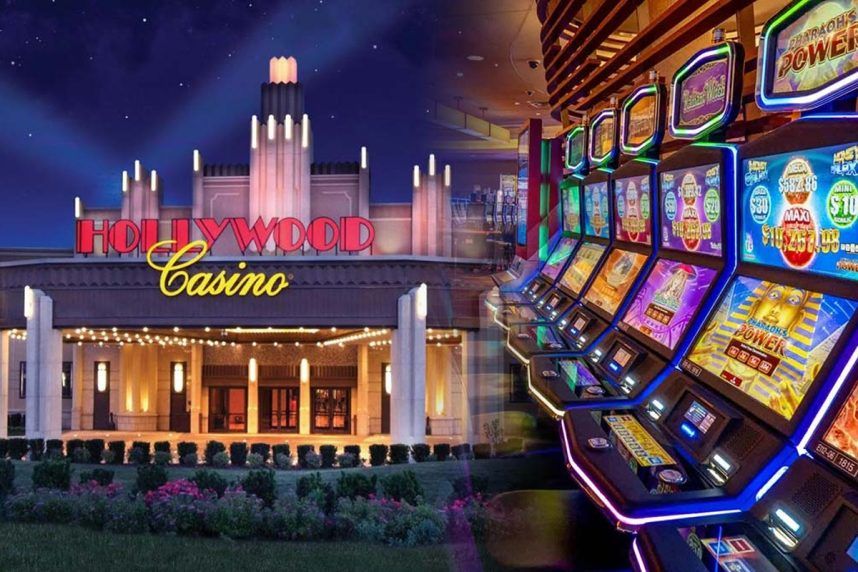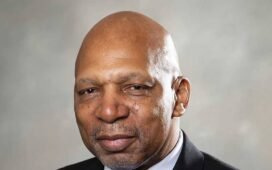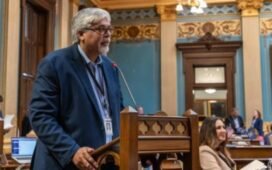Posted on: July 30, 2024, 04:58h.
Last updated on: July 30, 2024, 04:58h.
Several Pennsylvania casinos have petitioned the state’s Supreme Court to declare that the 48- 54% tax that the land-based casinos pay on their gross slot machine revenue is unconstitutional.

In a petition for review filed this week by the operating entities of 12 of Pennsylvania’s 17 brick-and-mortar casinos, the plaintiffs seek a declaratory judgment in their favor. The casinos point to the fact that lower state courts have ruled that the Pennsylvania Gaming Control Board (PGCB) has no legal authority to regulate controversial skill games commonly found in nonprofit clubs, restaurants and bars, convenience stores, gas stations, and other retail businesses.
Those court decisions have also barred law enforcement from seizing the machines and the Department of Revenue from collecting taxes on the games that look and operate closely to casino slots. The slight operational difference between the games commonly branded “Pennsylvania Skill” is that the player must identify a winning payline. A casino slot does that automatically for the player and pays out the win.
$1B at Stake
The petition for review comes as the Pennsylvania Supreme Court in June announced it would review an appeal brought by state Attorney General Michelle Henry (D). Henry asked the high court to consider a lower court’s opinion that skill games are not slot machines.
Last year, a Commonwealth Court upheld the Dauphin County Court of Common Pleas’ decision that since a player’s financial outcome playing a skill game isn’t solely dependent on chance but involves elements of aptitude, the Pennsylvania Gaming Act doesn’t apply.
Henry and several district attorneys contend that skill games are only cleverly manufactured illegal, unregulated gambling apparatuses. The casinos in their lawsuit allege that the state must uniformly tax all gambling games.
There is no basis for requiring licensed entities to pay about half of their slot machine revenue to the Commonwealth while allowing unlicensed entities to pay no tax on such revenue,” the complaint argues.
The operating companies of the following casinos are involved in the litigation: Hollywood Casino at Penn National Race Course, Hollywood Casino York, Hollywood Casino Morgantown, Hollywood Casino at The Meadows, Live! Casino & Hotel Philadelphia, Live! Casino Pittsburgh, Parx Casino, Parx Casino Shippensburg, Wind Creek Bethlehem, Harrah’s Philadelphia, Rivers Casino Philadelphia, and Rivers Casino Pittsburgh.
Pennsylvania casinos paid the state about $1 billion last year from their retail slots.
Tax Proposals
The skill game interests have asked to be taxed through legislation and provided a regulatory environment. Pennsylvania Gov. Josh Shapiro (D) suggested a 42% in his February budget address, while bipartisan legislation that has stalled in the Harrisburg capital while the legality of the games plays out floated a 16% tax.
The skill game lobby argues that its machines don’t cut into the casino industry’s business and provide supplemental income for small businesses that has helped counter inflation and kept people employed.
The PGCB reported in January that 2023 brick-and-mortar slot revenue totaled $2.46 billion, an all-time high and 3% higher than 2022. But Pennsylvania is also home to more slot machines than ever before after several new casinos opened in recent years. In 2023, Parx opened its Shippensburg satellite casino in January.
With the state’s high tax on slot revenue, the American Gaming Association says Pennsylvania generates more government proceeds from the gaming terminals than any other state. That robust tax stream, or river, is now in jeopardy of being dammed should the Supreme Court agree with the plaintiff casinos that if skill games aren’t taxed, nor should casino slots.















